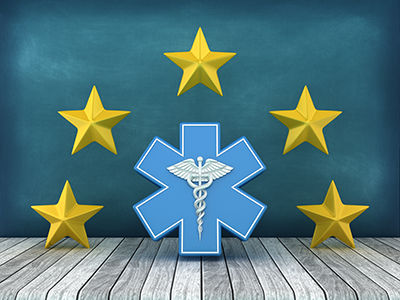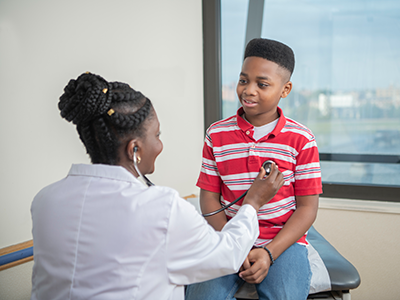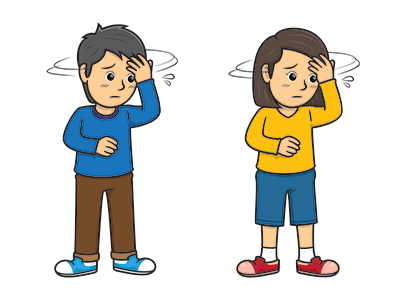Ensuring the well-being of your children is a top priority for parents, and while they may seem full of boundless energy, there are instances where their health requires special attention. One vital aspect that may sometimes be overlooked is cardiovascular health. Recognizing the signs that your child may need to see a cardiologist is crucial in maintaining their overall wellness.
Annette Ansong, MD, associate chief of outpatient cardiology at Children’s National Hospital, explores five key indicators that could suggest potential cardiovascular issues in children, emphasizing the importance of early detection and intervention for a healthy and thriving future.
- Family history: If there is a family history of heart disease or related conditions, it could increase the risk for your child, depending on the condition. Discussing this with your child’s doctor may lead to further evaluation.
- Chest pain or discomfort: If your child experiences persistent unexplained chest pain or discomfort, it may be a cause for concern. However, many other less serious conditions also can cause chest pain, so it’s essential to consult first with your child’s doctor for proper evaluation.
- Shortness of breath: Persistent or unexplained shortness of breath, especially during physical activity, could be a sign of an underlying cardiovascular issue or a respiratory issue. It is recommended that further investigation initially be done with your child’s doctor.
- Irregular heartbeat (arrhythmia): If your child has an irregular heartbeat, palpitations, or fainting episodes, it may warrant further investigation to determine the cause.
- Exercise-induced symptoms: If your child experiences symptoms such as dizziness, chest pain or fainting during or after exercise, it is crucial to consult with your child’s doctor.
When children have any of the signs above, it is important to mention this to your child’s primary doctor to see if a referral is needed to a heart doctor for children, also known as a pediatric cardiologist. If a referral is made, then additional evaluations can be done that may include other diagnostic measures. Parents who have immediate concerns should seek medical advice promptly.
This blog post originally appeared in Northern Virginia Magazine online.
 https://riseandshine.childrensnational.org/wp-content/uploads/2023/01/group-of-young-athletes-huddling-feature.png
300
400
Rise and Shine
https://riseandshine.childrensnational.org/wp-content/uploads/2017/11/childrens_riseandshine_logo.jpg
Rise and Shine2025-09-09 07:00:362025-09-09 13:28:37Sudden cardiac arrest in children: What parents need to know
https://riseandshine.childrensnational.org/wp-content/uploads/2023/01/group-of-young-athletes-huddling-feature.png
300
400
Rise and Shine
https://riseandshine.childrensnational.org/wp-content/uploads/2017/11/childrens_riseandshine_logo.jpg
Rise and Shine2025-09-09 07:00:362025-09-09 13:28:37Sudden cardiac arrest in children: What parents need to know




















Leave a Comment
Want to join the discussion?Feel free to contribute!